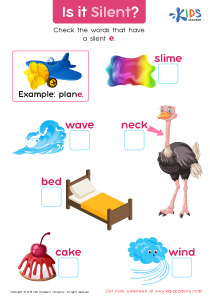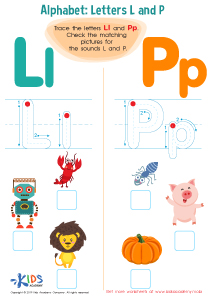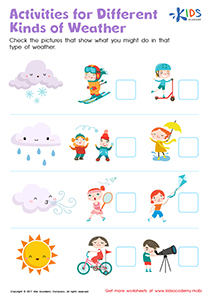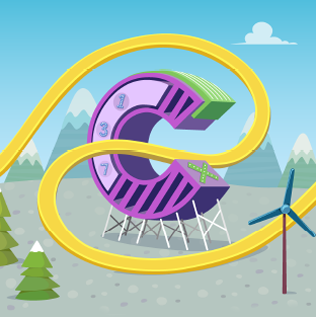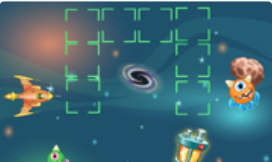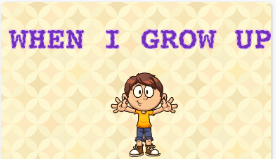Math Lessons | Early Logic and Geometry for Ages 5-6
23 results
Discover the joy of shapes and patterns with our Early Logic and Geometry lessons, meticulously crafted for children aged 5-6. Dive into a world where learning meets fun through interactive worksheets, captivating educational videos, and engaging assessment quizzes designed to nurture young minds. These lessons seamlessly blend fundamental concepts of logic and geometry, laying a solid foundation for future mathematical understanding. With content tailored specifically for Ages 5-6, our program encourages curiosity, critical thinking, and a love for learning. Embark on this exciting educational journey and watch your child's analytical skills and geometric knowledge flourish.
In the foundational years of childhood, every experience becomes a building block for future learning and development. This is precisely why our lessons on Early Logic and Geometry for Ages 5-6 are meticulously designed to engage young minds in a way that not only enlightens them but also excites their curiosity. These lessons, crafted with the understanding that early childhood is a critical period for cognitive development, aim to introduce children to the wonders of logic and geometry in a manner that is both fun and educational.
The significance of introducing Early Logic and Geometry to children at ages 5-6 cannot be overstated. It lays the groundwork for mathematical thinking, spatial reasoning, and problem-solving skills. Our lessons are structured around interactive worksheets, educational videos, and assessment quizzes, all of which serve to reinforce learning in a dynamic and interactive environment. Here’s how our approach can be beneficial to kids in their studies:
-
Enhancing Cognitive Development: Engaging with Early Logic and Geometry helps in sharpening critical thinking and reasoning abilities from a young age. The activities are designed to challenge young minds to recognize patterns, understand shapes, and solve problems, thereby fostering a growth mindset and enhancing cognitive flexibility.
-
Boosting Spatial Awareness: Through interactive worksheets and videos, children are introduced to basic geometric shapes and concepts, helping them comprehend spatial relationships. This understanding is crucial not only in mathematics but also in daily life activities such as reading maps, understanding directions, and organizing objects.
-
Promoting Problem-Solving Skills: The lessons are replete with puzzles and challenges that require children to apply logic and reasoning to find solutions. This practice not only makes the learning process enjoyable but also instills a sense of accomplishment and confidence in young learners. It prepares them to tackle more complex problems as they progress through their academic journey.
-
Interactive Learning Experience: The use of educational videos along with interactive worksheets ensures that learning is not monotonous. Children engage with the content in a multi-sensory environment, which caters to different learning styles and keeps them motivated and focused. The assessment quizzes at the end of each lesson provide immediate feedback, helping children and their guardians to track progress and identify areas for improvement.
-
Building a Strong Mathematical Foundation: Early exposure to logic and geometry paves the way for a solid mathematical foundation. It familiarizes children with mathematical language and concepts, making it easier for them to grasp more advanced topics in the future. By making math fun and accessible, we increase the likelihood of children developing a lifelong interest in the subject.
Our lessons on Early Logic and Geometry for Ages 5-6 are more than just academic tools; they are a unique blend of education and entertainment designed to stimulate young minds and foster a love for learning. By integrating these lessons into their studies, children are set on a path of discovery and intellectual growth that will serve them well throughout their educational journey and beyond.

